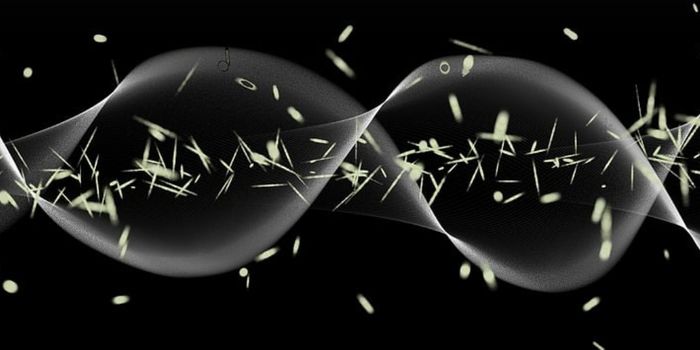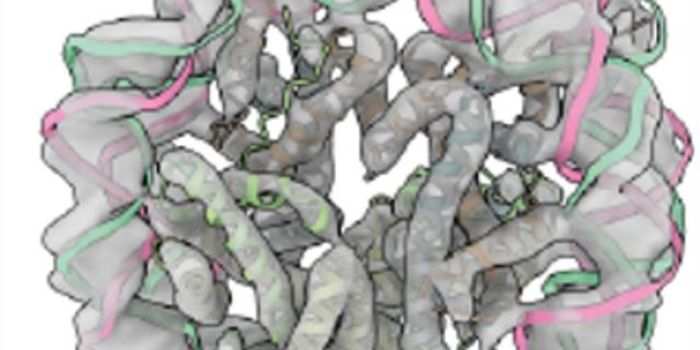Green Genetic Technology Can Help Feed the World
In the latter half of the last century, agriculture underwent a technological 'green' revolution that enabled farmers to create a better food supply for the world. The level of food produced by cereal crops was tripled, with only a 30 percent increase in the amount of land being used to grow crops. But in recent years, that explosive growth plateaued, and now there is less than a one percent increase in yield per year.
"Experts predict that we need to increase global food production by 50 percent by 2030 in order to meet demand from population growth. The negative impacts of climate change on crop yields are making this even more challenging. While researchers are working hard to meet this challenge, there remains a lot to do," said Professor Simon McQueen-Mason of the University of York's Centre for Novel Agricultural Products (CNAP).
Scientists have now developed a modified form of wheat that has the potential to raise grain production by as much as twelve percent. The work has been reported in New Phytologist.
It has been possible to improve yields by breeding different varieties of wheat. For example, there are varieties that generate higher numbers of wheat grains and there have been attempts to make varieties that create larger wheat grains. While it has been possible to make wheat plants with larger grains, these gains have come with a decrease in the number of grains.
Scientists decided to modify how grains are developing. They raised the levels of a protein that is known to control plant growth rates. This effort created plants that generated wheat grains that are about twelve percent larger than normal. When collaborators tested these modified plants in the field, they found that the grain number did not decrease, so the yield was increasing.
"Attempts to increase the yield of wheat have been thwarted by the apparent trade-off between grain size and grain number. We decided to side-step this complex control system by giving a boost to the natural growth system that controls the size of plant tissues," explained McQueen-Mason. "We did this by increasing the levels of a protein called expansin, which is a major determinant of growth in plants. We targeted this modification so that it was confined to developing wheat grain, and are delighted by the results."
Field experiments in Chile confirmed that the plants grew well under agricultural conditions. The team is now hoping to make their work available to the agricultural industry.
Sources: AAAS/Eurekalert! via University of York, New Phytologist









